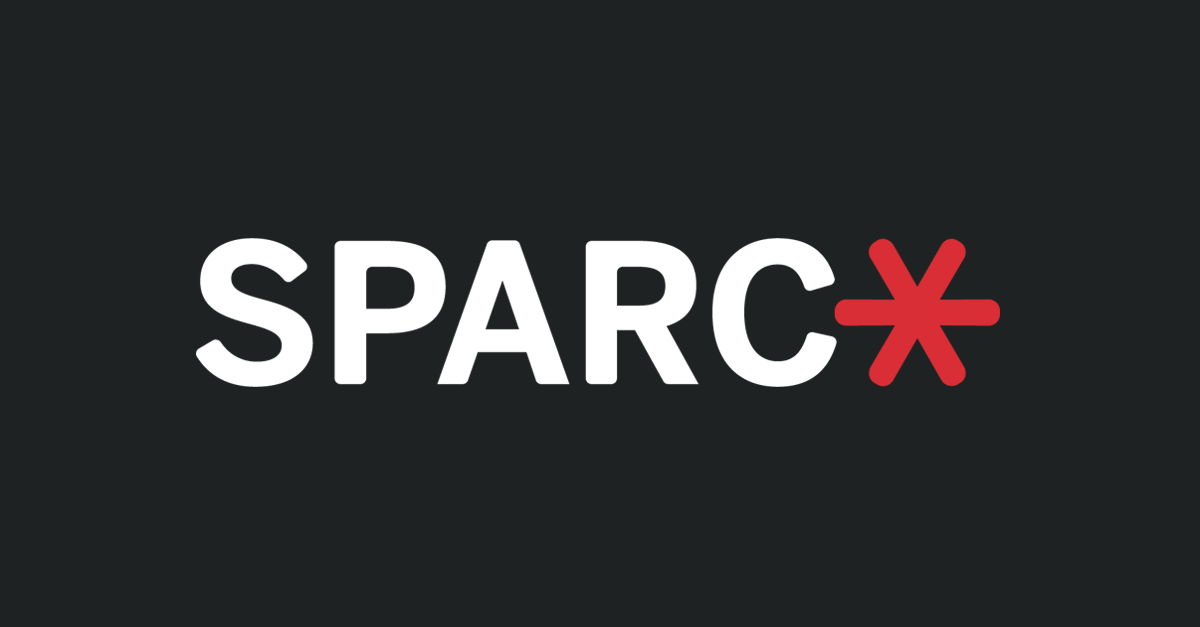Copyright Basics
Who owns the copyright to your published works? In the traditional publishing model, authors sign an agreement that transfers most, if not all, of their author rights over to the publisher. This agreement limits what you may do with your work (in the following formats):
- Archive a copy of your article in an institutional repository or personal website
- Share your article with colleagues
- Utilize your article in a course syllabus and distribute to students
- Modify your original work
- Display or perform your original work
Authors are encouraged to negotiate copyright agreements with publishers, bearing in mind that they may want to retain certain rights in the future to use, adapt, remix, or build upon their work in certain ways.
How to Retain Your Rights as an Author
Before you sign an agreement with a publisher, consider including an addendum to ensure that you retain certain rights to reuse and share your work.
The SPARC Author Addendum modifies the publisher's agreement, allowing you to create derivative works from the article, authorizing others to share and reuse the work for non-commercial purposes, and granting you the right to distribute your work in class or among colleagues for purposes of teaching and learning.

http://sparcopen.org/wp-content/uploads/2015/12/sparc-logo-gray2.png
You may also wish to consider publishing in open access journals. Content in OA journals is freely available to link to, and in many cases, may also be reproduced in non-commercial settings. Check the Open Access Publishing tab for more resources.
Creative Commons Licensing
If you own the copyright to your work, consider assigning a Creative Commons license. The six Creative Commons licenses allow authors and content creators to retain the copyright to their works, and allow others the ability to reuse, adapt, and derive new works from the original, for non-commercial or commercial purposes. The various licenses define what others may and may not do with the original work.
When assigning a Creative Commons license, consider:
- Do I want to allow commercial use of my work, or not?
- Do I want to allow derivative works, or not?
All of the CC licenses allow others to share the original work in non-commercial settings, as long as the work is properly attributed and the source is credited. You may apply additional permissions to allow derivative works to be shared, and/or commercial use.
Creative Commons License Chooser

Image: https://pixabay.com/static/uploads/photo/2015/05/25/16/08/creative-commons-783531__180.png




